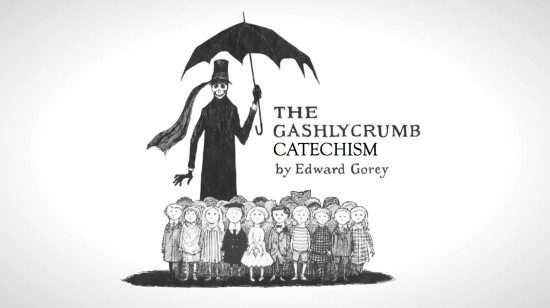I’ve been trying to reconcile two things that I don’t think can be reconciled, which means, really, I guess I’ve been trying to figure out what it means that these two things can’t be reconciled.
You’ve probably heard of PNAC — the Project for the New American Century. The think tank desribes itself as “A neoconservative organization supporting greater American militarization, challenging hostile governments, advancing democratic and economic freedom, and promoting American hegemony in the 21st century.” According to its founding Statement of Principles, from 1997, PNAC advocates:
… a military that is strong and ready to meet both present and future challenges; a foreign policy that boldly and purposefully promotes American principles abroad; and national leadership that accepts the United States’ global responsibilities.
All of which recalls the optimism and idealism of the opening decades of the previous “American century.” This is intentional — the group’s very name is unabashedly idealistic and many of the policies they advocate, including wars to end war, seem to come from that era, the high-water mark of such idealism.
The strange thing about PNAC’s idealism is that it doesn’t seem at all chastened by history. Early 20th-century idealism didn’t fade just because it was a fad that had run its course. It was blown to smithereens by the carnage and destruction of World War I and its aftermath. It’s scientific and religious foundations were refuted and autopsied by Heisenberg and Niebuhr.
Let’s linger on Niebuhr a moment. Reinhold Niebuhr was probably the most important American theologian of the 20th century. If you’ve never read him, I highly recommend Moral Man and Immoral Society and The Nature and Destiny of Man (esp. Vol. I of the latter). Those titles suggest Niebuhr’s greatest strength as a theologian, which was not his insight into the nature of God, but into human nature.
People unfamiliar with theology are sometimes surprised to realize how much of it involves the study of human nature. This constitutes the larger half of the discipline’s subject matter. It is also, unlike the study of the divine, much easier to corroborate by observing, measuring and studying the subjects in question.
We Christians believe certain things about God: God is omnipotent, omniscient, omnipresent, infinite, immortal, eternal, holy, unchanging, infallible. But we also believe certain things about humankind, namely that we are none of the above. Niebuhr’s great contribution was exploring what this means for human society. What it means for finite, fallible, mortal, sinful humans to go about the business of politics, international relations, war and peace. Niebuhr’s outlook came to be called “Christian realism.” This shouldn’t be confused with the more cynical forms of realpolitik that followed. Niebuhr’s outlook was “realist” because, above all, he refused to accept a view of politics or international relations so idealized or idealistic that it required the participation of humans who were, somehow, something other than finite, fallible, mortal and sinful.
Niebuhr’s political philosophy is perhaps best summarized in a short prayer he wrote, which has since become very well known in a different context:
God grant me the serenity to accept the things I cannot change; courage to change the things I can; and wisdom to know the difference.
We can, and ought to, change some things. Other things we cannot change, including human nature. The “American century” idealism of the early 20th century was based, Niebuhr argued, on a false view of human nature — the idea that human nature was perfectible, that human virtue could be sufficient as a check against human power, that human knowledge could be better than partial and fragmentary.
Niebuhr’s “Christian realism” was thus one important theological reaction to and rejection of this idealism. But this was not the only theological reaction. We’ll get to another, very different, one in Part II.












